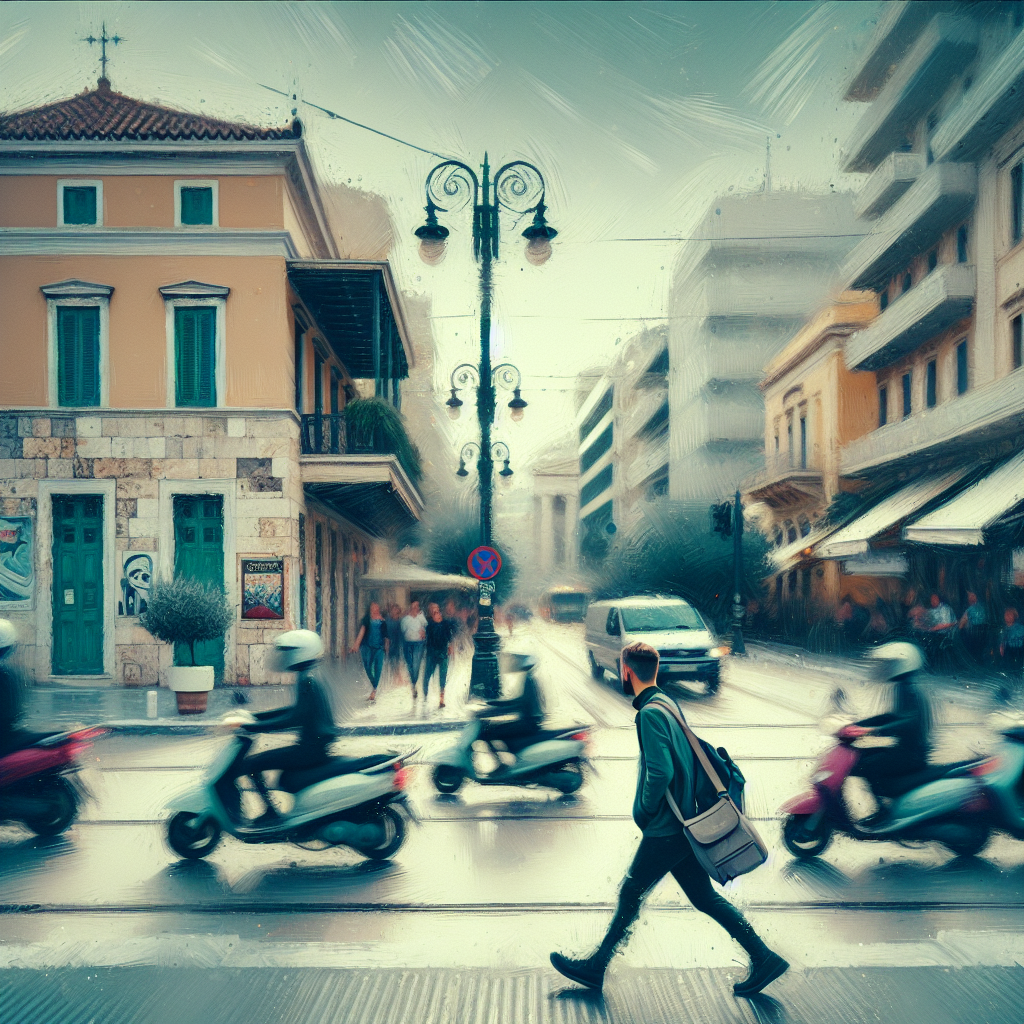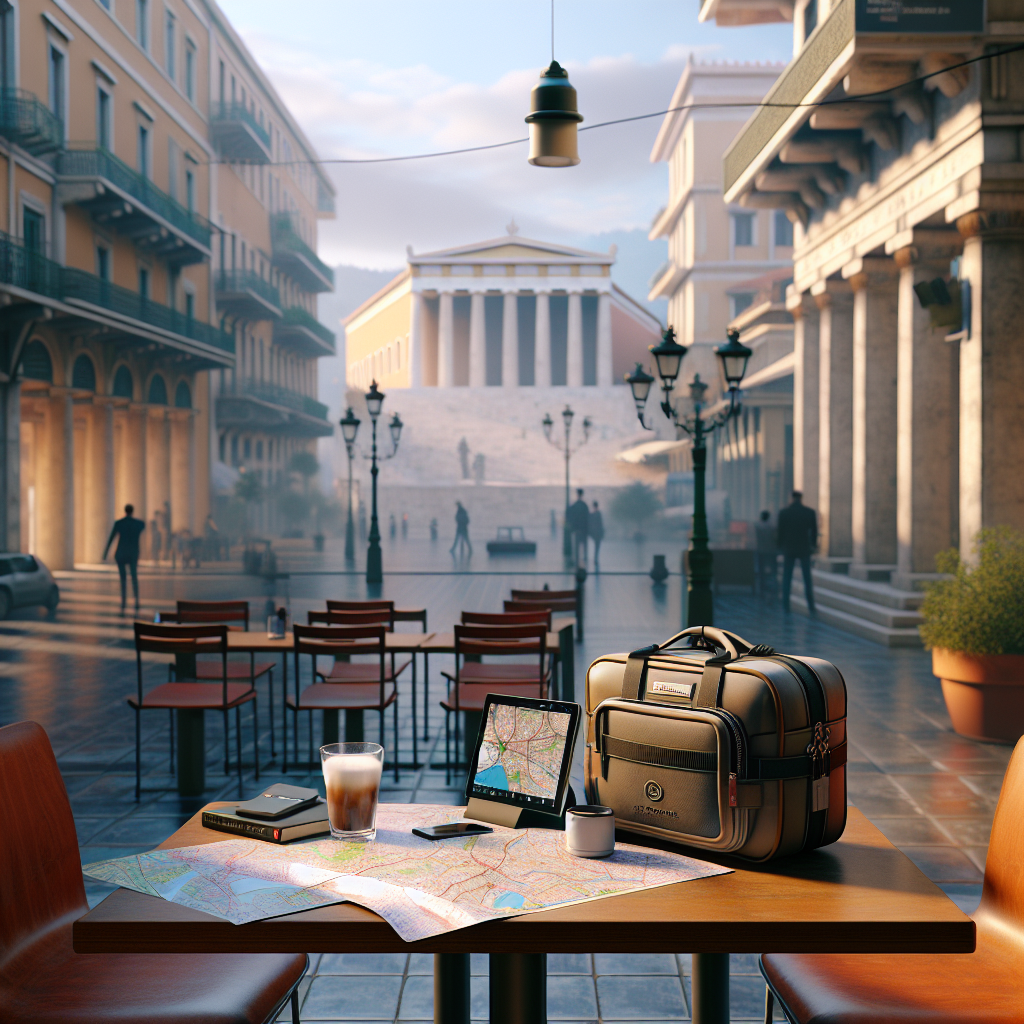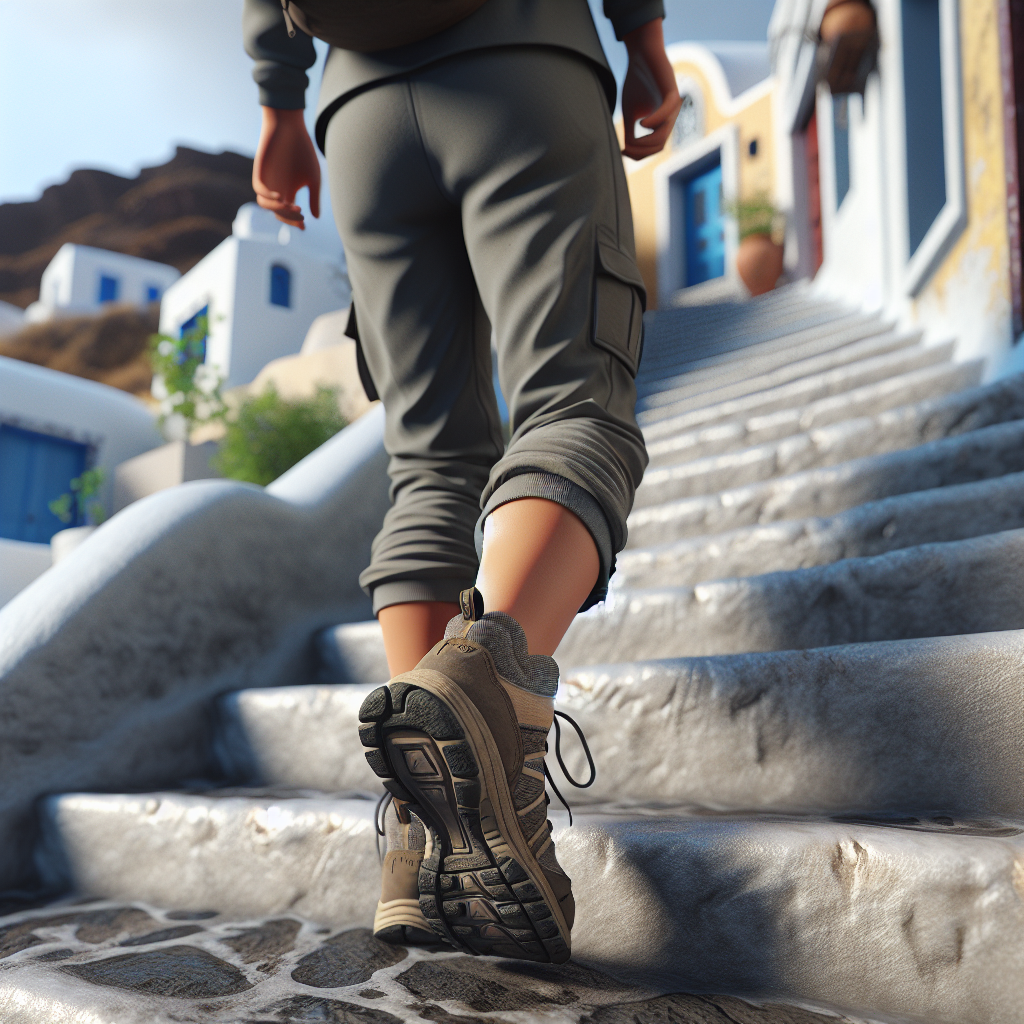Embarking on a trip to the sun-soaked shores and ancient ruins of Greece is an adventure that many travelers have at the top of their list. The allure of its turquoise waters, hospitality, and mouthwatering Mediterranean cuisine is undeniable. But when it comes to international travel, safety is as important as enjoyment. People might wonder about the safety in Greece for tourists. With a bit of savvy and some straightforward precautions, you can look forward to an idyllic Greek getaway. This guide includes a list of essential safety tips. From avoiding the snatch-and-grab tactics of scooter bandits to staying hydrated under the Grecian sun, these pointers will ensure you can savor all that Greece has to offer without unnecessary worry. So, grab your sunhat and let’s dive into how you can keep your Greek odyssey safe and memorable.

First and foremost, tourists in Greece benefit from the country’s low crime rate. Violent crimes are particularly rare, which is a big plus when exploring a new place. People feel a sense of security when walking through bustling city streets or relaxing on serene beaches. Law enforcement is noticeable, especially in areas where there are a lot of visitors. During peak seasons, Greek authorities beef up their presence in hotspots like Athens, Mykonos, and Santorini to discourage crime and help visitors feel safe.
Also, Greece’s tourist infrastructure is top-notch. From hotels to transportation, everything is designed with visitor comfort and safety in mind. The local environment adds to this. Greeks are known for ‘philoxenia’, a tradition of hospitality that makes visitors feel welcome and secure. Plus, if assistance is ever needed, there’s a good chance there’s an expatriate community nearby. Expatriates can be a great resource, whether looking for advice or just some friendly conversation.


Effective healthcare is another cornerstone of safety for travelers. Should medical attention be necessary, Greece has a number of hospitals and clinics equipped to handle various medical issues. Private healthcare providers are also at your service, often with staff who speak multiple languages, making communication easier. Greek emergency services, including EKAB and the Hellenic Coast Guard, are trained for rapid response.
Lastly, consolar services in Greece are efficient and responsive. Many countries have embassies and consulates ready to help with anything from legal issues to replacing lost travel documents. It’s comforting to know that if visitors find themselves in a difficult situation, representatives from their home country are there to support them. With all these layers of safety in place, Greece stands out as a destination where visitors can travel with peace of consciousness.


Safety Tips:
Transitioning from the general reassurances about safety in Greece, it’s important to prepare oneself with specific tips that can help navigate potential risks and ensure a smooth journey. Here are tailored safety recommendations to keep in mind:
- When visiting the vibrant Omonia Square in central Athens, it’s wise to stay alert, especially at night. Pickpockets are known to operate there, so keep valuables secure and consider exploring the area during daylight hours.
- In areas busy with visitors, like Athens and the islands, thieves on scooters might try to grab bags or valuables. Hold belongings tightly and stay aware of surroundings when walking near roads.
- The Aegean islands are subject to strong Meltemi winds, particularly in the summer months. Take caution if engaging in activities like swimming or boating, as these winds can quickly create dangerous conditions.
- The picturesque steps in Santorini can be slip hazards, especially if they are marble and footwear is less than sturdy. Opt for shoes with good grip to prevent slips and falls.
- Greece’s natural habitats are home to protected species, like the loggerhead sea turtles on Zakynthos. Always adhere to local conservation guidelines to avoid disturbing these creatures, especially during their nesting season.
- With temperatures soaring in the summer, it’s crucial to stay hydrated. Drink plenty of water, dress in lightweight clothing, and limit sun exposure during the hottest parts of the day.
- If drawn to the solitude of monasteries like those in Meteora, consider visiting with a group or tour. The remote locations can be challenging to navigate alone, and group travel ensures assistance is at hand if needed.
- Stray dogs and cats are a common sight, but it’s best to be cautious. They may carry diseases or react unpredictably, so keep a respectful distance unless sure it’s safe to interact.
- The bustling Piraeus port is a charging point for visitors heading to the islands. With the crowds come pickpockets, so stay vigilant and keep luggage close.
- Greece is not a stranger to earthquakes. Make sure you’re aware of safety protocols, like identifying exit routes in the accommodation and the “drop, cover, and hold on” method should the ground start to shake.
Armed with these tips, visitors are all set to enjoy the wonders of Greece while staying safe and sound. Happy travels!

